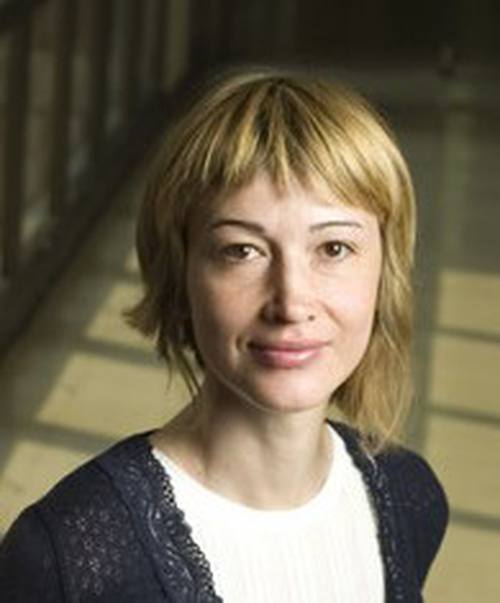Contatto di riferimento: Prof. Lorenzo Marconi
About the speaker
Silvia Ferrari is Professor of Mechanical and Aerospace Engineering at Cornell University, where she also directs the Laboratory for Intelligent Systems and Controls (LISC). Prior to joining the Cornell faculty, she was Professor of Engineering and Computer Science at Duke University, where she was also the Founder and Director of the NSF Integrative Graduate Education and Research Traineeship (IGERT) program on Wireless Intelligent Sensor Networks (WISeNet), and a Faculty Member of the Duke Institute for Brain Sciences (DIBS).
Her principal research interests include robust adaptive control, learning and approximate dynamic programming, and information-‐driven planning and control for mobile and active sensor networks. She received the B.S. degree from Embry‐Riddle Aeronautical University and the M.A. and Ph.D. degrees from Princeton University. She is a senior member of the IEEE, and a member of ASME, SPIE, and AIAA. She is the recipient of the ONR young investigator award (2004), the NSF CAREER award (2005), and the Presidential Early Career Award for Scientists and Engineers (PECASE) award (2006).
Abstract
Collaborative agents, such as unmanned ground, aerial, and underwater vehicles or robots equipped with on‐board wireless communication devices and sensors are becoming crucial to both civilian and military applications because of their ability to replace or assist humans in carrying out dangerous yet vital missions. This talk discusses a general framework for the optimal control of multiscale dynamical systems comprised of many collaborative agents. The distributed optimal control (DOC) approach presented is developed for applications in which the performance of the multiscale dynamical system can be represented in terms of a restriction operator, such as a probability density function, that maps the microscopic agent state into a macroscopic state.
The evolution of the restriction operator is then optimized subject to a macroscopic description provided by the continuity equation. To date, DOC optimality conditions have been derived using Calculus of Variations, and both direct and indirect methods of solution have been developed and demonstrated for multiagent path planning and control. This talk will review these recent developments and discuss future research directions involving robust and adaptive control for multiagent systems, and the control of multiple teams of heterogeneous agents.
